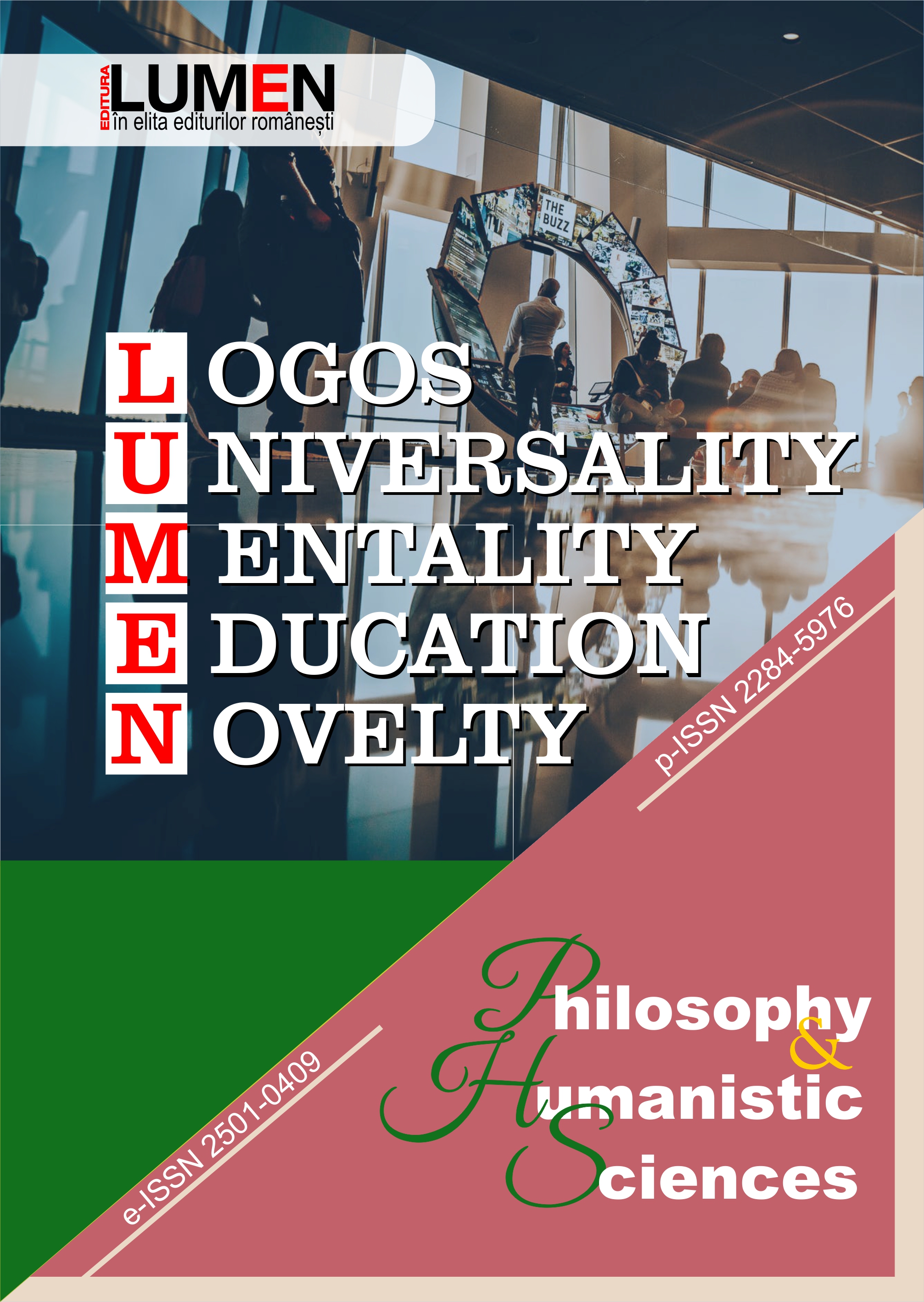The Critique of Philip Sidney and Percy Bysshe Shelley on Plato’s Views about Poetry
The Critique of Philip Sidney and Percy Bysshe Shelley on Plato’s Views about Poetry
Author(s): Panos EliopoulosSubject(s): Philosophy, Language and Literature Studies, Poetry, Ancient Philosphy, Theory of Literature
Published by: Editura Lumen, Asociatia Lumen
Keywords: Plato; Sidney; Shelley; Poetry; Philosophy;
Summary/Abstract: In the platonic dialogue Ion, Socrates clarifies that poetic creation is a result of inspiration but not of knowledge. As a gift from the Muses, poetry cannot even have a didactic role; since it is not rational and does not constitute a product of right reason, it cannot satisfy the needs of the person who aspires to the acquisition of wisdom. This insistence of Plato on the potential moral deficiency of poetry proves that only epistemological criteria can assist the political balances that are required in his ideal Polis. Since poetry is mimesis and a subcategory of rhetoric, it is deduced that it stands far from the truth. For Philip Sidney, however, in his critique of Plato’s views, the poet is directly connected with “poiein”, the act of creating. As a creator, he is close to the truth, and he is an owner of the Idea, to which he urges other human beings. As such, the poet is a stronger intellectual figure than the philosopher, due to the fact that he does not abstractly think of moral values but helps to proliferate them. The poet never lies, despite what Plato claims, because the poet never confirms the knowledge of anything, quite unlike the philosopher. Shelley, on the other hand, places great emphasis on the role of imagination within the context of poetic work. He declares that poetic imagination exceeds the borders of reason, thus being rendered the only human faculty that can not only see the ideal forms that Plato is enthusiastic about but also is capable of competently expressing the “eternal truth of life”. The two English poets are in accord about poetry signifying unity and harmony, not only with the abstract truth of the world but with virtue and law as well, providing the human being with the right ontological orientation.
Journal: LOGOS, UNIVERSALITY, MENTALITY, EDUCATION, NOVELTY. Section: Philosophy and Humanistic Sciences
- Issue Year: 19/2021
- Issue No: 1
- Page Range: 01-08
- Page Count: 8
- Language: English

